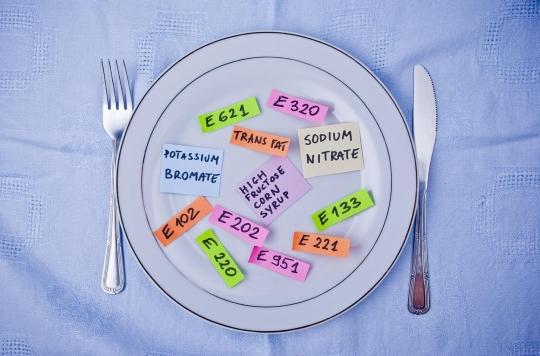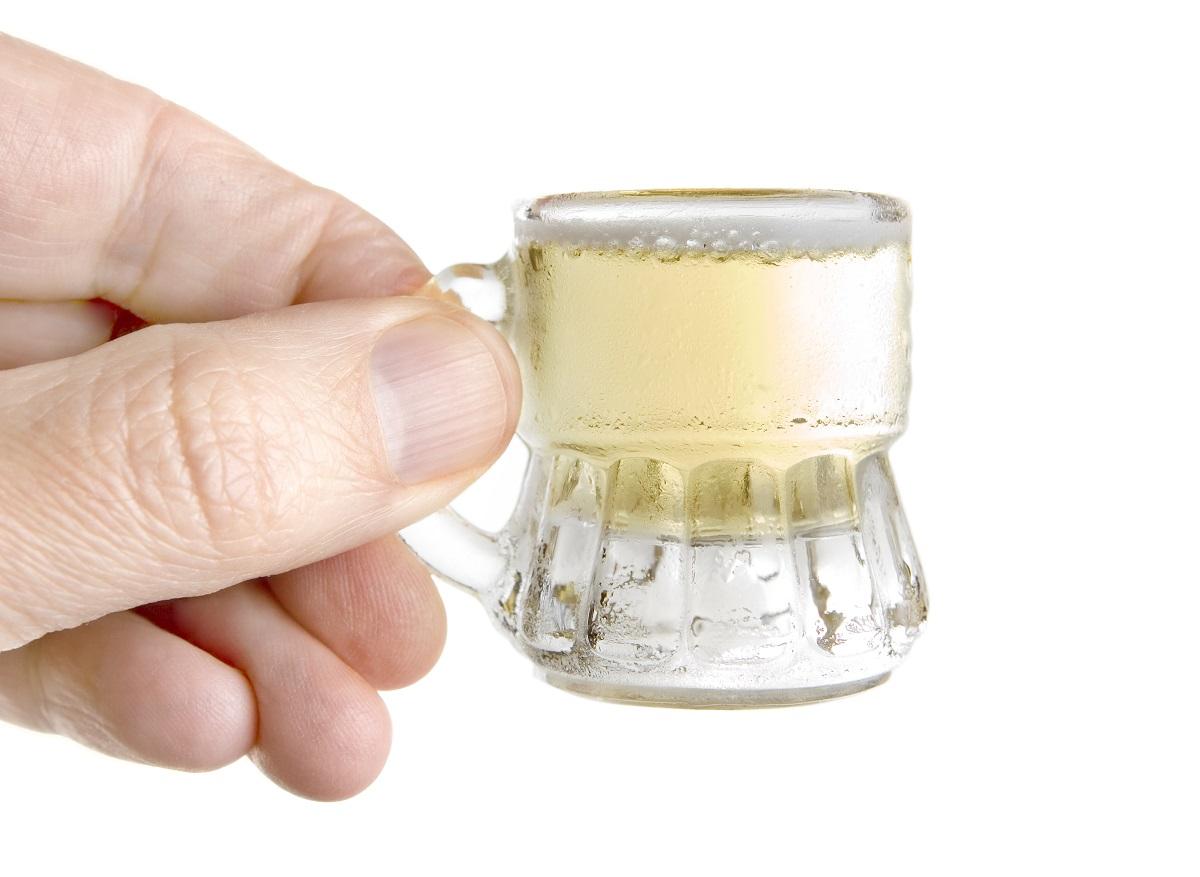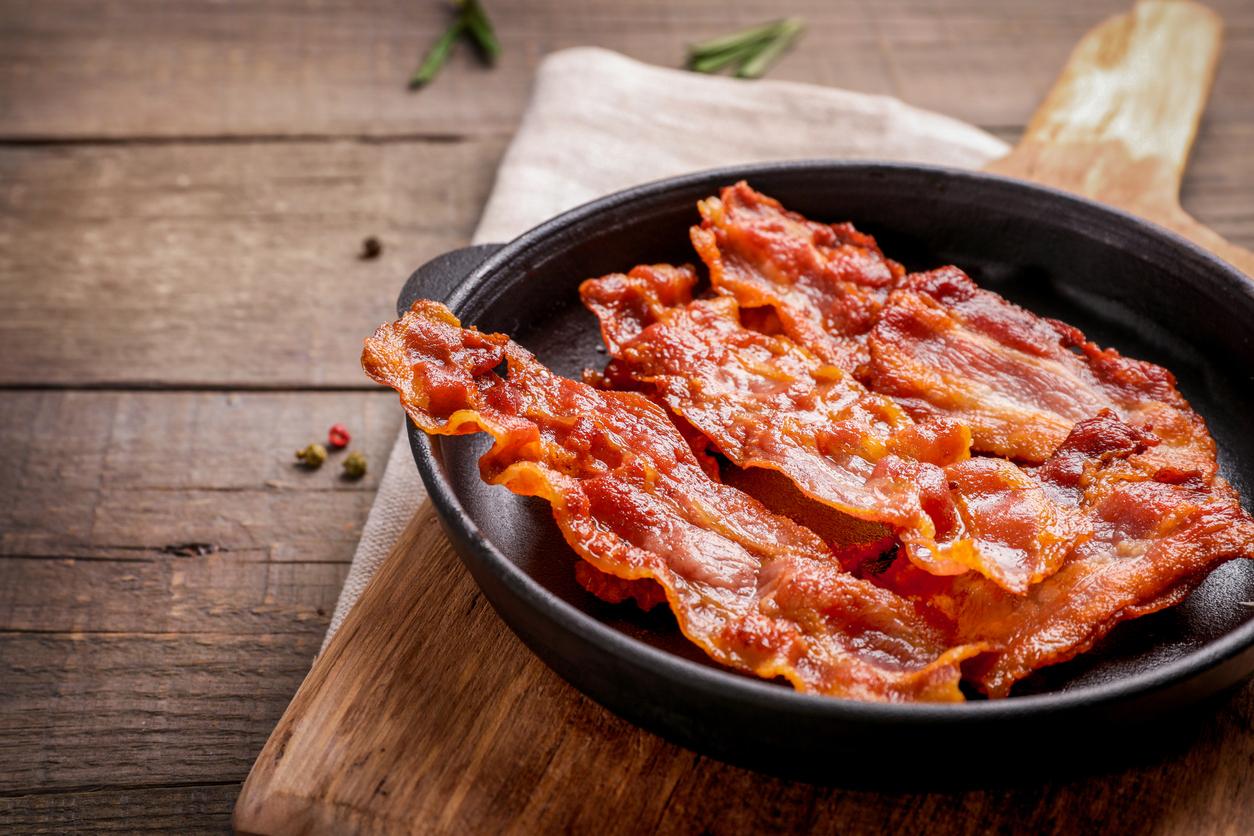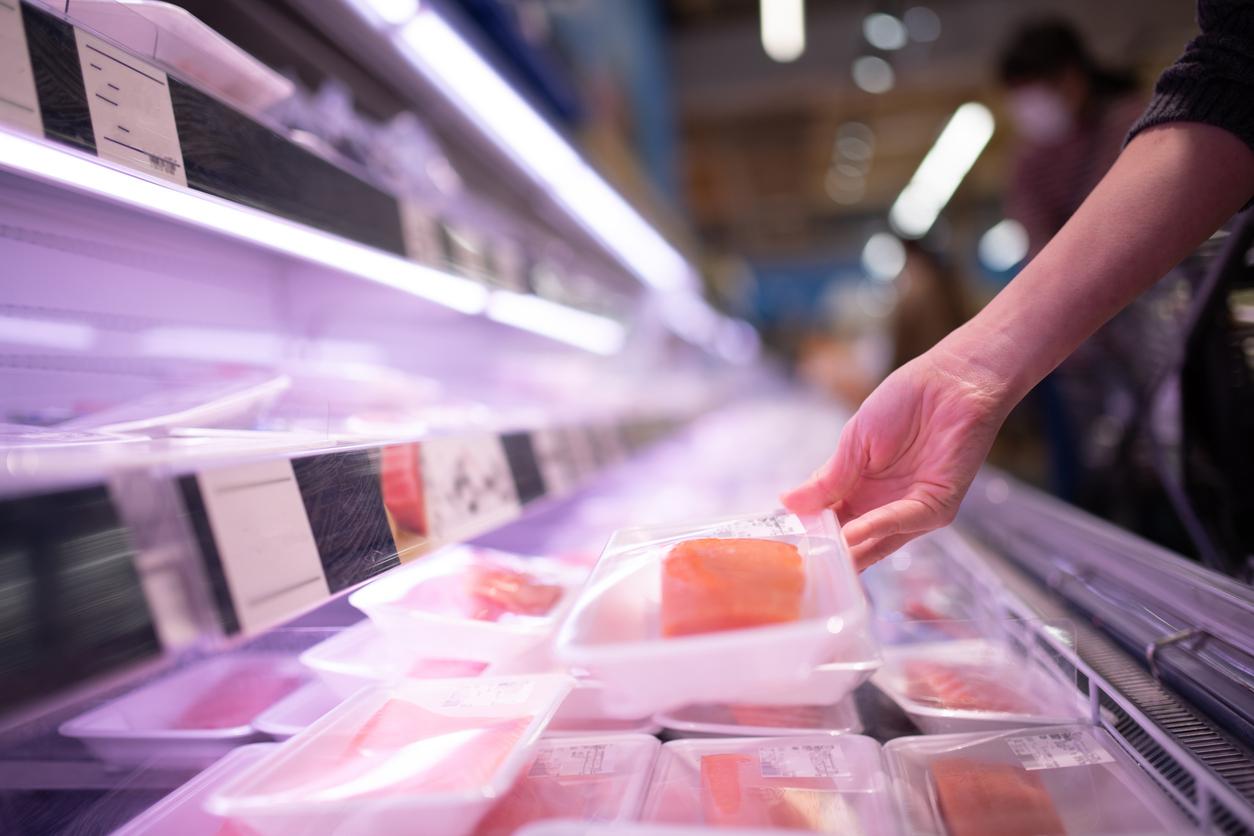Consumed in high doses in industrial products, certain food additives such as nitrite are said to be harmful to health.

- According to a survey revealed by the British newspaper The Telegraph, a prepared meal would even contain more sugar than a can of a famous brand of cola which, as a reminder, is already equivalent to 35 grams, or seven sugar cubes!
- In France, 69% of food products available in supermarkets are ultra-processed, according to a national study from 2021.
Dyes, sweeteners… While a report by the National Health Security Agency (Anses) recently confirmed the link between the consumption of nitrites present in charcuterie and the appearance of certain cancers, this is an opportunity to recall which other food additives are, although regulated by European lawdangerous to health if consumed in large quantities.
Avoid as much as possible
Encoded by the letter E followed by three numbers, food additives are added to certain industrial foodstuffs in order to extend their shelf life by preventing the proliferation of bacteria (preservatives), to make them more appetizing by modifying their color or texture ( colorants, antioxidants, emulsifiers, gelling agents, etc.), or to enhance their flavor (flavor enhancers). Most additives are safe, but some are problematic. Here is a non-exhaustive list.
- Sodium/potassium nitrites/nitrates
Added to meats, these additives are classified as “probable carcinogens” by the World Health Organization. Deli meats are even considered “proven carcinogens”, 80% of them being treated with nitrites and nitrates. They are identifiable by their codes ranging from E249 to E252 on food labels. Some deli meats are now stamped “nitrite-free”.
- Artificial colors
From E100 to E199, synthetic food colorings have no interest other than aesthetics, and some are suspected of having adverse health effects. Their consumption could in particular increase the risk of colorectal cancers, says a researcher from the University of South Carolina in the United States. Dyes to avoid, there are many: the complete list is here.
- Artificial sweeteners
Aspartame, sucralose, sucrose, sorbitol… Flagship ingredient of so-called “light” drinks but also ultra-processed foods (chips, candies, yogurts…), sweeteners are “false sugars” which wrongly suggest that can be consumed without moderation. At high doses, some are suspected of causing headaches, insomnia, chronic fatigue, but also of having laxative or promote the development of cancer.
Pay particular attention to the codes E420 (sorbitol) and E951 (aspartame), which can be found almost everywhere. “Aspartame, for example, makes the bed of diabetes. It attacks the intestinal microbiota and disrupts all the digestive flora. In the long term and at high doses, it is a poison”, according to nutritionist Corinne Cheval.
- Sodium/potassium/calcium benzoate
Benzoic acid and its salts (from E210 to E213) make it possible to preserve sodas, brick soups, condiments, chewing gum, low-fat jams, etc. for longer. Renowned for weakening the immune system in humans, it can cause eye and digestive irritation, insomnia or even asthma in adults, and hyperactivity in children, according to The Lancet.
4 kg per year
According to a French study published in the journal Scientific Reports, each inhabitant of France consumes approximately 4 kilograms of food additives per year. But more than the quantity or nature of the additive itself, it is primarily the mixture of these different additives that is dangerous to health, according to scientific consensus. To avoid exposing your body to too many harmful products, it is better to avoid consuming ultra-processed foods, real cocktails of risky food additives.
In case of doubt in front of a list of ingredients at the supermarket, you can check the level of danger of each one among the list of 329 food additives authorized in Europe, compiled by the UFC-Que Choisir association. Or get Marie charcoal, selenium or natural charcoal to neutralize their misdeeds, according to naturopaths.

















